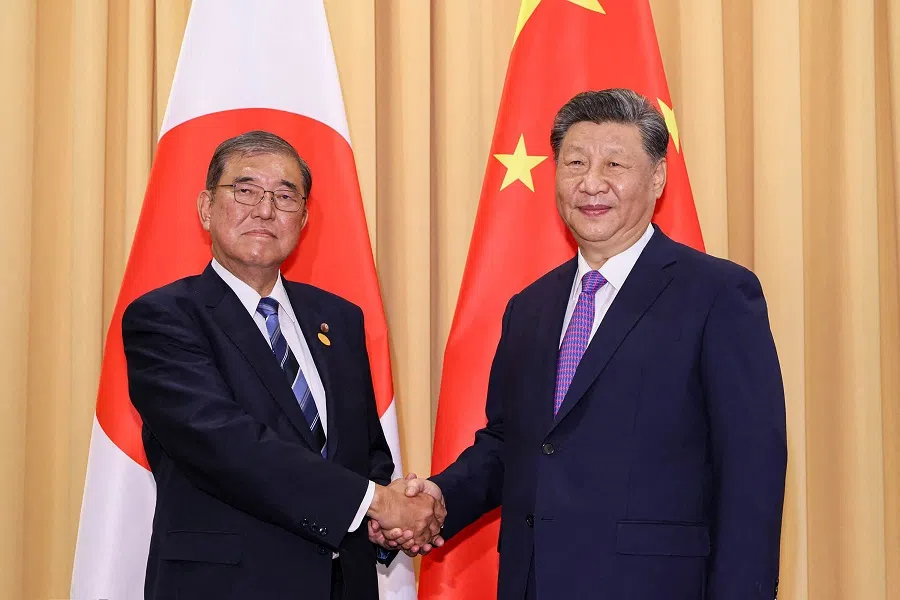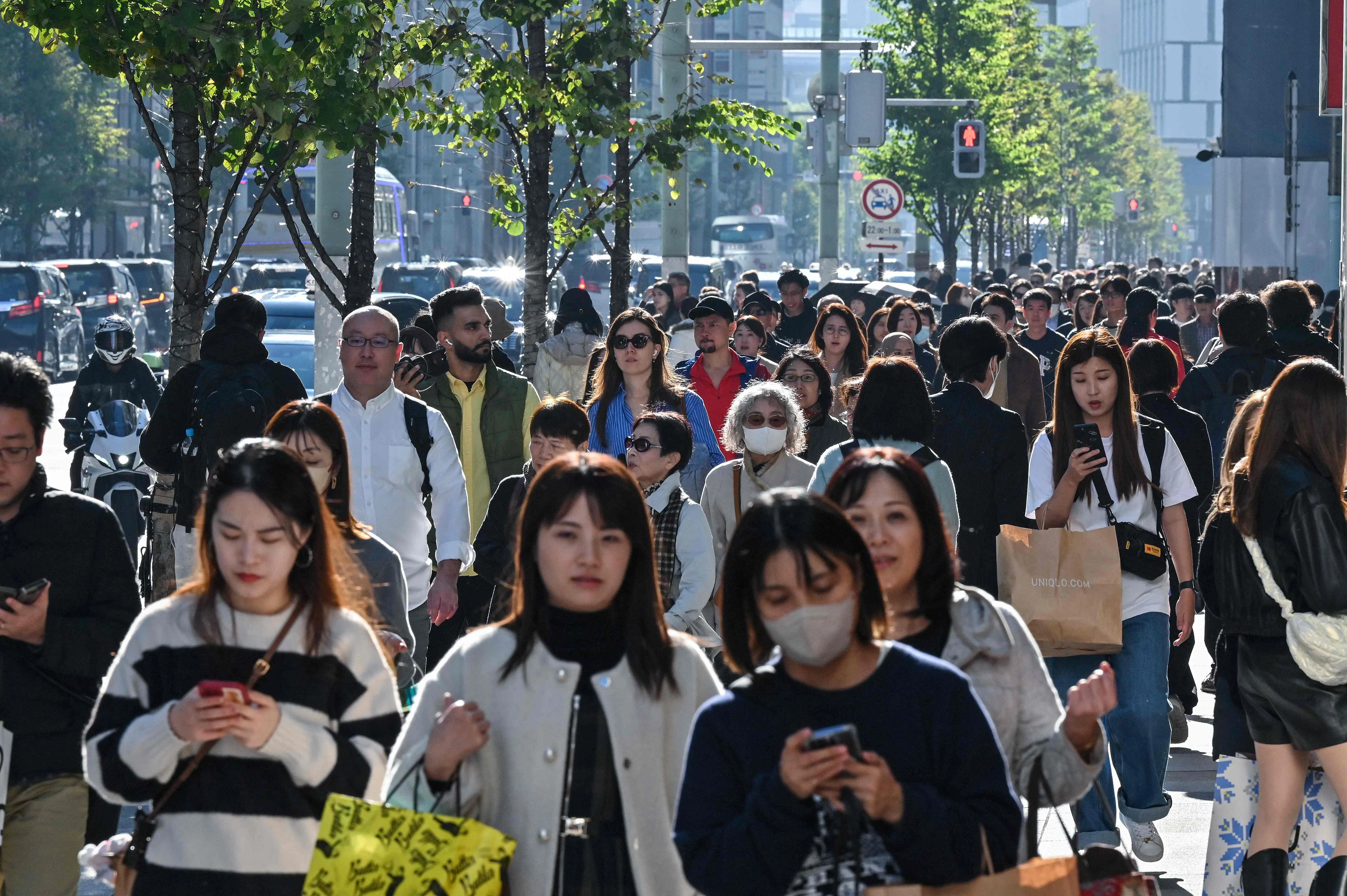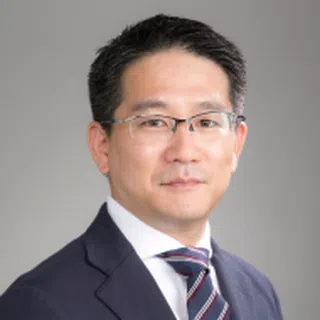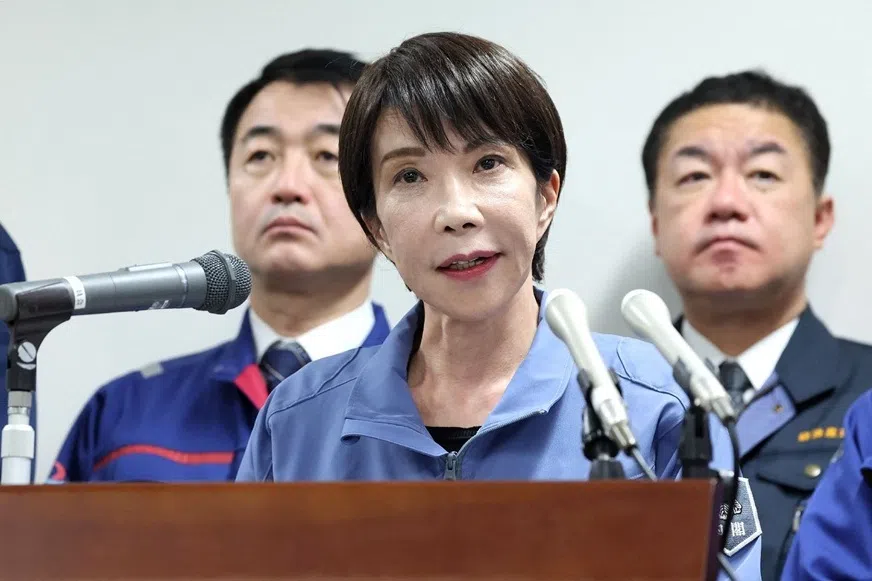Japanese academic: Japan and China can still find common ground
The relationship between Japan and China has generally been difficult, but is it still possible to find common ground based on common interests and values? Japanese academic Tomoki Kamo tells us more.

Japan and China are now on a long and bumpy road to stabilising their bilateral relationship. The Japan-China Summit held in Lima on 15 November 2024 is part of the journey.
Japanese PM and Chinese president ‘fully in concert’
Japanese Prime Minister Shigeru Ishiba said at a press conference after the summit: “I feel we had an engaging discussion. Even though there are differences in views between Japan and China on various matters, President Xi and I were fully in concert with each other on the matter of continuing to hold meetings repeatedly over time.
“I want us to partake in frequent communication and mutual visits at all levels, including at the summit level, and make joint efforts to reduce issues and concerns and increase cooperation and coordination.”
Ishiba felt the significance of this meeting was the consensus between the leaders of Japan and China that they are walking this long road together.
Of course, even with communication between the two leaders, the issues and concerns between Japan and China will not be immediately resolved. At present, there are a heap of problems between Japan and China, with deep mutual distrust.
... in today’s Japan-China relationship, the common interests and shared values that were once easy to find have become harder to spot.
Where’s the common ground?
So far, it has been a long and bumpy road for Japan and China. The Japan-China Joint Communique, issued in September 1972 when the two countries agreed to put an end to the abnormal situation and restore diplomatic relations, states: “In spite of the differences in their social systems existing between the two countries, the two countries should, and can, establish relations of peace and friendship.
“The normalization of relations and development of good neighbourly and friendly relations between the two countries are in the interests of the two peoples and will contribute to the relaxation of tension in Asia and peace in the world.”
Notably, it was said that it is still necessary to build friendly relations “in spite of the differences in their social systems”.

Notwithstanding their different social systems, what are the common values and interests that are being sought?
In a speech announcing the provision of yen loans to China during his visit to China in December 1979, Prime Minister Ohira Masayoshi referred to “the hope that the emergence of a more prosperous China will lead to a better world”.
However, in today’s Japan-China relationship, the common interests and shared values that were once easy to find have become harder to spot.
Some wise words
Political scientist Hedley Bull defines “international society” as follows: “A society of states (or international society) exists when a group of states, conscious of certain common interests and common values, form a society in the sense that they conceive themselves to be bound by a common set of rules in their relations with one another, and share in the working of common institutions.”
Bull says: “A common feature of these historical international societies is that they were all founded upon a common culture or civilisation, or at least on some of the elements of such a civilisation: a common language, a common epistemology and understanding of the universe, a common religion, a common ethical code, a common aesthetic or artistic tradition.”
The concepts in this book have been accepted by the academic communities in both countries.

Bull added that “where such elements of a common civilisation underlie an international society, they facilitate its working in two ways. On the one hand, they may make for easier communication and closer awareness and understanding between one state and another, and thus facilitate the definition of common rules and the evolution of common institutions. On the other hand, they may reinforce the sense of common interests that impels states to accept common rules and institutions with a sense of common values.”
The Anarchical Society: A Study of Order in World Politics, in which Hedley Bull discusses “international society”, has been translated into Japanese and Chinese. The Japanese version was published by Iwanami Shoten in 1995 and is cited by many scholars. The Chinese version (《无政府社会:世界政治中的秩序研究》) was translated by Professor Zhang Xiaoming of China Foreign Affairs University, a renowned Chinese scholar of international politics. The concepts in this book have been accepted by the academic communities in both countries.
If the interests and values shared by Japan and China are weak, then in order to maintain stability in the relationship between the two countries, it is necessary to reaffirm them or build momentum to seek them.
Can we find common ground?
Are there any common interests or values between Japan and China today? I think there are, which is why Ishiba at the summit confirmed promoting a “mutually beneficial relationship based on common strategic interests” and building “constructive and stable Japan-China relations”.
If the interests and values shared by Japan and China are weak, then in order to maintain stability in the relationship between the two countries, it is necessary to reaffirm them or build momentum to seek them.
If Japan and China are members of the same international community, they must share the understanding that Bull described: “... conscious of certain common interests and common values, form a society in the sense that they conceive themselves to be bound by a common set of rules in their relations with one another, and share in the working of common institutions.”
The last part about common institutions is especially important for members of the international community.
... future researchers may view the Japan-China summit in November as a new starting point for building momentum to find common interests and shared values.
Based on this understanding, future researchers may view the Japan-China summit in November as a new starting point for building momentum to find common interests and shared values.
To this end, a press release issued by the Ministry of Foreign Affairs after the summit said that a concrete effort to achieve this will be for both sides to “make arrangements to realize mutual visits by their respective foreign ministers, including holding the Japan-China High-Level People-to-People and Cultural Exchange Dialogue and Japan-China High-Level Economic Dialogue at an appropriate time”.

![[Big read] Paying for pleasure: Chinese women indulge in handsome male hosts](https://cassette.sphdigital.com.sg/image/thinkchina/c2cf352c4d2ed7e9531e3525a2bd965a52dc4e85ccc026bc16515baab02389ab)



![[Big read] How UOB’s Wee Ee Cheong masters the long game](https://cassette.sphdigital.com.sg/image/thinkchina/1da0b19a41e4358790304b9f3e83f9596de84096a490ca05b36f58134ae9e8f1)